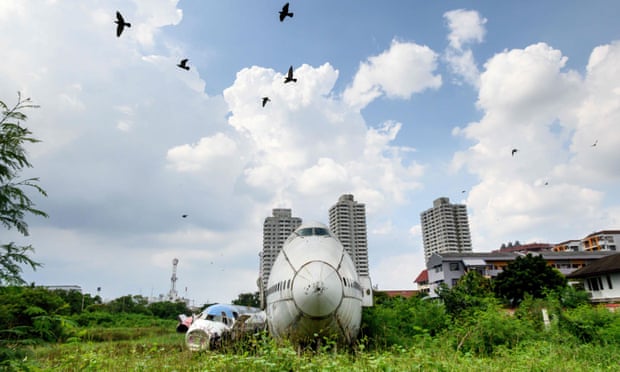Noise pollution rules should be tightened to protect wildlife, say scientists

Noise produced by human activities should be better regulated to protect wildlife, say the authors of a study exposing how sound pollution affects myriad creatures from fish to birds. Road traffic, aircraft, ships, factories and oil drilling are all human activities that produce noise, most – but not all – of which is typically below 4kHz. It overlaps with frequencies at which many animals communicate, and that is often a sensitive hearing range. Studies have found noise pollution to be linked to poorer human health, but experts say it can also affect wildlife, from disrupting their communication to affecting where they live and the efficiency with which they forage for food.

